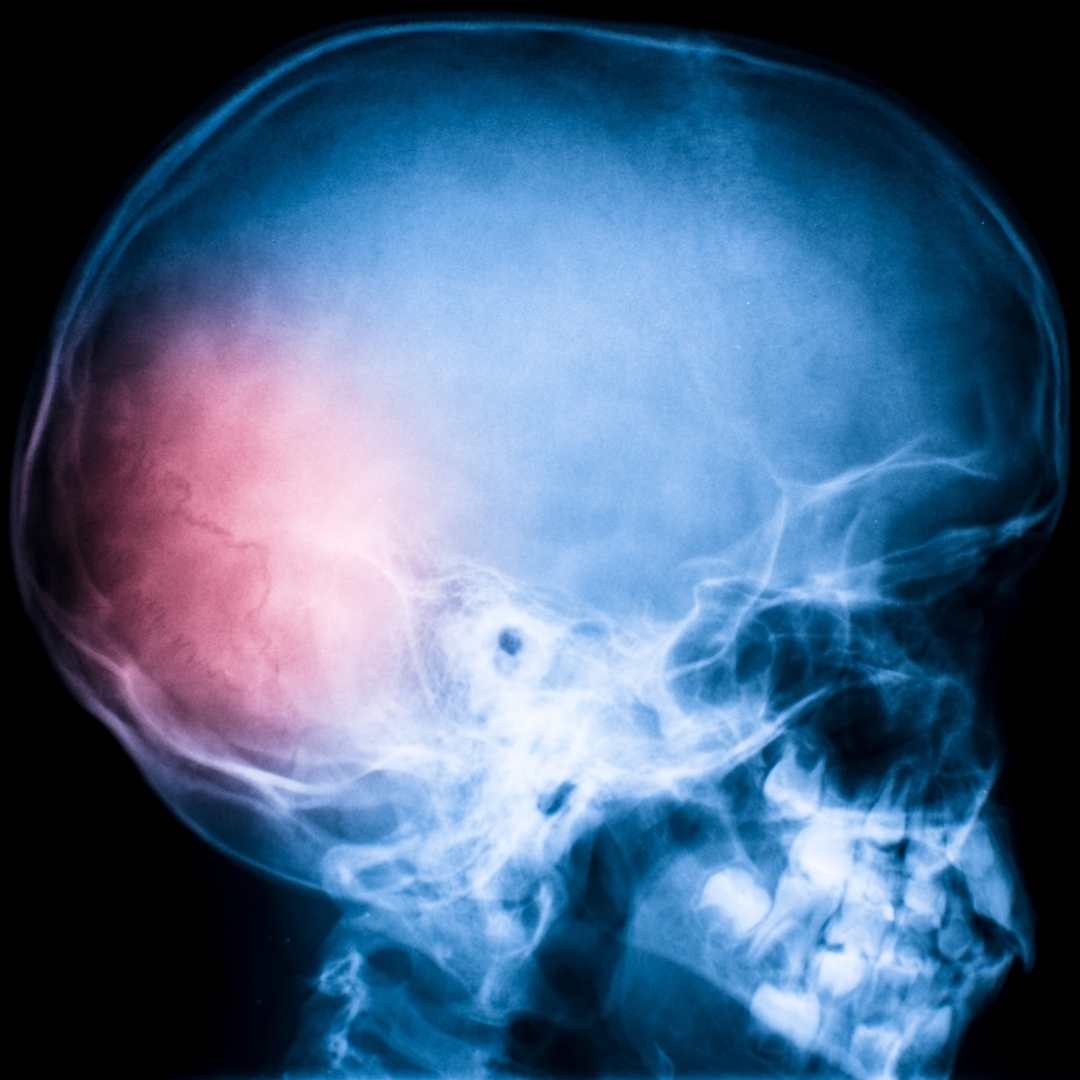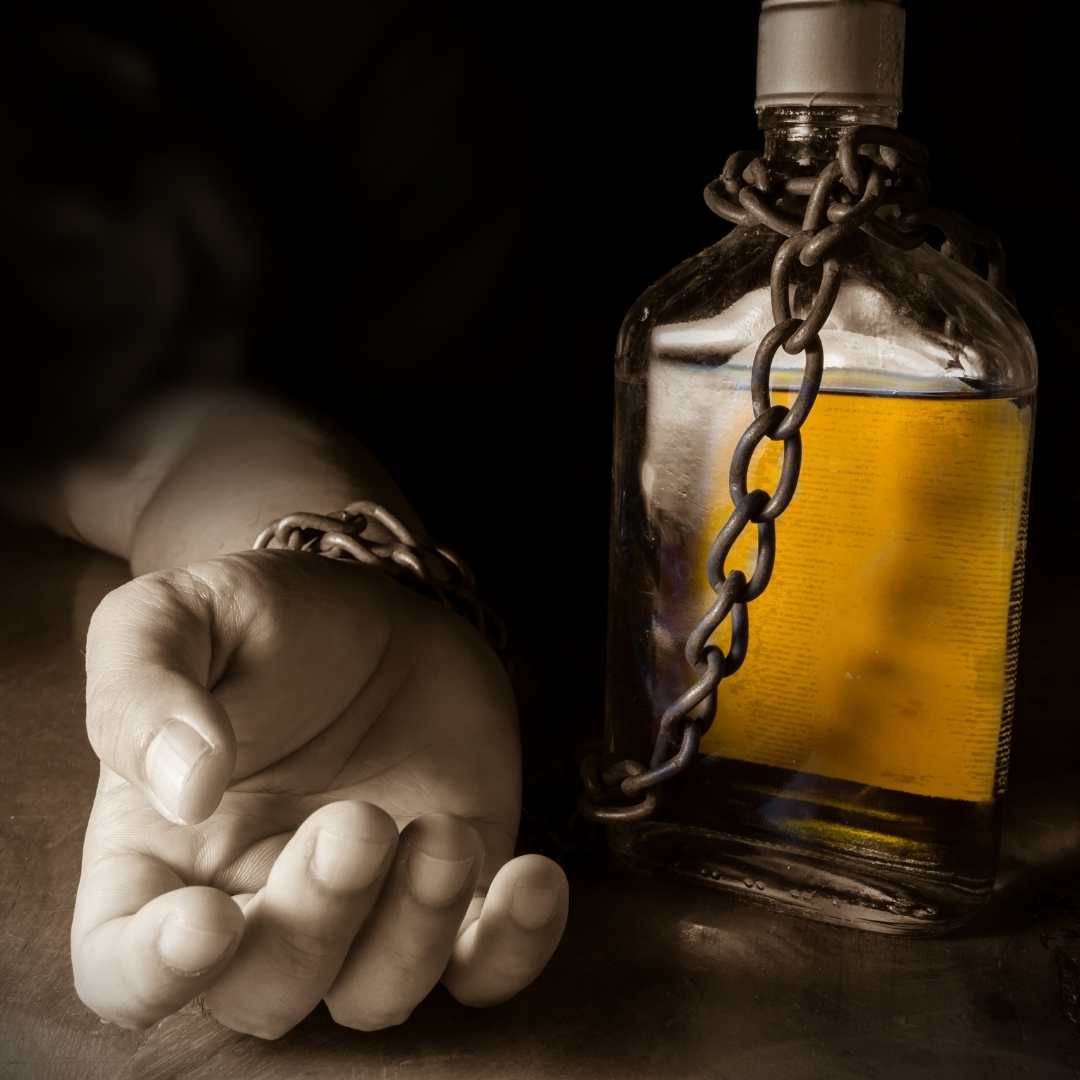Children with Trauma make Adults with Addiction
Begin Your Journey“Trauma is not what happens to us, but what we hold inside in the absence of an empathetic witness.” ― Peter A. Levine
In this blog, we will explore how:
- Mounting scientific literature shows a distinct correlation between childhood trauma and addictive behavior as adults.
- Past trauma effects mental health by shaping the physical brain and hindering the development of neural pathways.
- How traumatic events dysregulate the central nervous system, creating a chronic state of "fight or flight" and anxious behavior.
- Different constellations of trauma can create different preferences for addictive outlets.
- Healing can happen when we can find an access point to early memories, and hold our inner child with compassion.
The Body Never Forgets
The human body is a living library of all of our life's experiences. The ghosts of our past live on within all of us, trapped in a realm outside of time, beneath the surface of our conscious awareness. Our childhood trauma, painful memories, broken dreams - they are all woven together like a tapestry of shadows in the web of our subconscious, and while some of us may be reluctant, or even unable, to recall the painful memories of our youth, these stories, however dusty, are as alive as ever in our bodies.
The body never forgets the past, and while the recollection of early memories may get dusty with time, the experiences of childhood trauma often get re-told again and again throughout our adult lives in a cryptic language of destructive behaviors, broken relationships, mental health challenges, and addiction.
The thread that connects trauma to addiction can be seen in every cross section of society and a mounting body of scientific evidence shows a distinct correlation between childhood trauma and addictive behavior in adults. One of the most prominent studies by Felitti and colleagues (1998) demonstrates a dramatic increase in substance abuse (up to 3x) in people who experienced traumatic events before their 18th year.
These traumatic events include but are not limited to:
- Abuse (physical abuse, substance abuse, sexual abuse, emotional abuse)
- Neglect
- Loss of a parent
- Witnessing intimate partner violence
- Living with a family member with mental illness
How Childhood Trauma Affects the Brain

Trauma and addiction go hand in hand. Addictive behavior, one could say, is a symptom of trauma, and it's not surprising that experiencing one or many of the traumatic events above can have a host of detrimental effects on a young person's development. However, understanding how childhood trauma affects us can be the first step to developing the tools to heal. While it may seem a reductionist term, all of these types of childhood trauma can be qualified as "stress." The body's stress response is truly the underlying cause of many of the downstream effects of the original traumatic event.
Stress is the body's response to trauma exposure and is governed by what is known as the hypothalamic-pituitary-adrenal (HPA) axis. The function of the HPA axis is to create an appropriate physiological reaction to danger by signaling the "fight or flight" response. When a stressor occurs, the brain sends a signal to the adrenal glands to produce hormones like adrenaline, cortisol, and glucocorticoids. The result is a state of heightened arousal, high blood pressure, rapid heart rate, muscle tension and a sense of alarm. Under stress, glucose (sugar) is released into the bloodstream and energetic resources are diverted to the muscles as well as our more privative brain structures that are great for survival, but not so great for emotional self-regulation and executive functioning. This is why it's very difficult to think clearly under stress. We are literally fighting for survival, whether or not the perceived threat is real, imagined, or existential.
Stress, in a perfect world, would be a short-lived experience. We face some form of danger (like a predator or attack of some kind), the body produces those potent hormones, we fight or flee, and then we rest and recover. That's the kind of environment evolution's grace designed us for, seemingly without foresight of the dysfunctional world we would come to inhabit later on in the human story. Ongoing stress - like the kind endured by victims of abuse - can create severe dysregulation of the HPA axis, leading to chronically elevated stress hormones and the feelings of pervasive anxiety that go along with it. This state of hyperarousal, especially during our formative years, physically hardwires our brains for stress. As a result of being conditioned for 24/7 fight or flight, the development of our immune function, emotional regulation skills, executive functioning, and social skills begin to suffer, and we face great challenges in our ability to experience intimacy and love by interrupting our natural production of serotonin and oxytocin - neurochemicals that, when in short supply, create feelings of numbness and depression. This is very much related to what is known as post traumatic stress disorder, or PTSD.This is why American addiction centers generally classify addiction as a mental health issue.
Interestingly, if the pattern of a trauma survivor becomes deeply engrained enough, we can actually become addicted to the stress hormones themselves, which activate our nervous systems and stimulate us out of the dull haze of depression. In this way, victims of childhood abuse can become stuck in negative thought patterns or re occurring disorders, replaying the stressful memories over and over again engaging in the negative self-talk as a means of keeping the central nervous system activated.
Linking Trauma and Addiction

Now that we understand the basic mechanisms of traumatic experience (stress) and its effect on the brain and body, we can start to piece together how this manifests as addiction later in life. The first question we might ask ourselves is: Why do people use substances to begin with?
The answer is fairly simple. Because substances change how we feel. They offer an immediate escape from the pain of crippling anxiety, depression, and shame that so many traumatized people carry with them everyday. The effects of addictive substances are often immediate, and the barrier to entry is sometimes just a few dollars. While the physical price of substance abuse is no secret, their ease of access and immediate effects often outweigh the risks for those who are deeply suffering and desperate to escape.
Alcohol and drug addiction almost always begins as a means of self-medication by taking one's experience into their own hands with the most available means that our society can offer - drugs and alcohol. It's interesting to note that rates of substance addiction are always much lower in societies where family units and communities are paramount, where there is a sense of collective accountability to maintain the societal web that holds us all together. Furthermore, the solutions that western medicine offers for those who fall victim to depression, anxiety, and PTSD are really not much different from the solutions that people find through their own devices - more drugs. Doctor-approved, dead-end solutions, often highly addictive in their own right and failing to address the root cause of the diagnosed condition - the trauma itself. The wounded child.
Addiction is not Always a Substances Abuse Issue

Since the adverse childhood experiences are different for everyone, their manifestations of the characteristics of addictions are different as well owing to individual experiences, genetics, environment, and as a result, each person may find their safety in a different substance or behavioral pattern. There are those who choose to numb, to put themselves into the dreamless sleep of benzodiazepines, opiates, sedatives and alcohol addiction. Then there are those who find their safety by jolting themselves out of numbness with cocaine, uppers and amphetamines. Some manage to escape drug abuse all together, but find equally destructive habits in gambling, food, media, or pornography. Others escape their pain while simultaneously gaining approval from society by maintaining the outward appearances of success with the restless pursuit of work and wealth. Even stress itself can be a form of addiction by creating a chemical dependancy on stress hormones. It's fair to say that in our society, nearly all of us struggle with addiction in one form or another. Addiction, most certainly, is a shape-shifter that dances with us so closely, and is so ingrained in our culture we often don't even know it's there.
All these things considered, it's easy to see how a traumatic event in childhood whether it be physical, social, or emotional trauma creates the neurological condition that can bend someone towards a need for self-medication and a substance use disorder. Most of us, even in our darkest hours, can see our culture's brokenness. If we listen close, we can hear wounded children inside all of us. The question is how can we heal the wounds of our past? How can we heal what we can no longer remember? How can we get out from under the weight of addiction long enough to realize that healing is even possible?
The Path to Healing and Addiction Recovery

While each of our healing is as unique as the trauma that necessitates it, I can say this with certainty: Recovery is not an event. Recovery is a path, and like any path, it is best walked with a guide. The guide on the path to healing may take many forms. Perhaps it's a person - someone trained in the art of compassionate listening. Perhaps it comes in the form of a psychedelic teacher like ayahuasca, peyote, or psilocybin (mushroom) who's medicine opens access to the deep waters of our subconscious. Or perhaps your guide is already within you, your highest self, your innate divine wisdom, just waiting for you to recognize it.
Here are some of the most effective therapeutic modalities and options for addiction treatment and trauma informed care for getting to roots of, and healing, childhood trauma.
Internal Family Systems (IFS) uses Family Systems theory—the idea that individuals cannot be fully understood in isolation from the family unit—to develop techniques and strategies to effectively address issues within a person’s internal community or family. This evidence-based approach assumes each individual possesses a variety of sub-personalities, or “parts,” and attempts to get to know each of these parts better to achieve healing.
Cognitive behavioral therapy (CBT) is a form of psychological treatment that has been demonstrated to be effective for a range of problems including depression, anxiety disorders, alcohol and drug use problems, marital problems, eating disorders, and severe mental illness. Numerous research studies suggest that CBT leads to significant improvement in functioning and quality of life. In many studies, CBT has been demonstrated to be as effective as, or more effective than, other forms of psychological therapy or psychiatric medications.
Hakomi Mindful Somatic Psychology offers an elegant, comprehensive, and uniquely effective approach to psychotherapy, growth and change. Originated by Ron Kurtz in the early 1980s, Hakomi integrates Eastern principles of nonviolence and mindfulness with a comprehensive and experiential body-centered methodology. The Hakomi Institute has further developed these innovative techniques in response to ongoing discoveries in neuroscience and other fields related to our work.
Ecotherapy suggests that there is a synergistic relation between planetary and personal well-being; that the needs of the one are relevant to the needs of the other. In short, what we do to the environment, we do to ourselves. Ecotherapy is the practical application of this knowledge. In ecotherapy nature is the “therapist.” In practicing the techniques of ecotherapy, we allow the healing power of nature to work its magic on us.
Psychedelic Assisted Therapy uses psychoactive substances such as ayahuasca, MDMA, psilocybin, DMT, or other enthegec substances in conjunction with different therapeutic modalities guided by a professional in a clinical setting. Many studies from reputable institutions such as John Hopkins, Harvard, and Oxford University have clearly demonstrated the efficacy of psychedelics for overcoming trauma, and finding long-term relief form depression, PTSD, anxiety, and other mental health issues. Of course, the legal grey areas surrounding psychedelics make access to these therapies somewhat limited. The irony is that people have been using psychedelic plants and compounds to heal for thousands of years in contexts that are far from clinical, and there are many reputable organizations, like Behold Retreats, that provide access to these experiences around the world in a safe and legal environment with thorough medical screening and an expensive interview process.
We're all in this together.
Life itself is traumatic. It's an intense time to be a human, and adverse childhood experience adds yet another layer of challenge. The principal truth of Buddhism states that suffering is inherent to human existence, and for many, an entire lifetime can vanish finding ways to cope with the discomfort of being alive. With grace, we might stumble into the right set of circumstances to discover that rare, precious, uniquely human piece of alchemical gold - the ability to turn our pain into something beautiful. Inspiration. A light on the path for others.
The content provided is for educational and informational purposes only and should not be a substitute for medical or other professional advice. Articles are based on personal opinions, research, and experiences of the author(s) and do not necessarily reflect the official policy or position of Behold Retreats.
Let's Evolve Together.
Learn more about consciousness, plant medicine, and spiritual transformation








